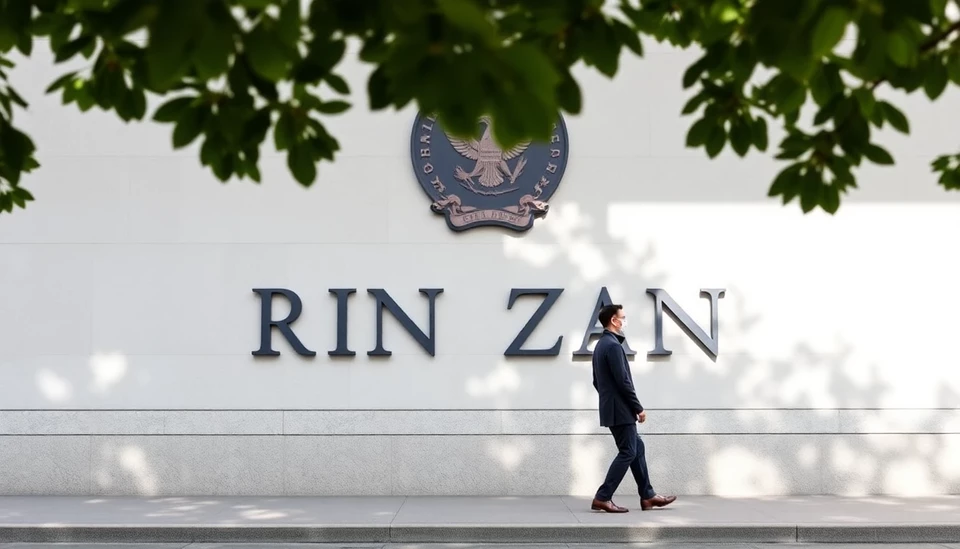
The Reserve Bank of New Zealand (RBNZ) is poised to undertake a comprehensive review of its bank capital requirements. This decision comes in light of mounting political pressures as the government looks to address concerns surrounding the stability of financial institutions amidst changing economic conditions.
Political sentiment has amplified as the government scrutinizes the current capital framework that governs New Zealand's banking sector. The RBNZ, while committed to maintaining the integrity and safety of the nation's banks, is now facing demands to balance these regulatory standards with the financial realities faced by both banks and consumers.
In recent months, the RBNZ has been under intense scrutiny from various stakeholders, including lawmakers and the banking community. The call for a review has intensified, particularly as rising interest rates and inflation have begun to strain economic growth, leading to concerns about lending availability and the operational sustainability of banks.
Currently, the RBNZ has implemented some of the most stringent capital requirements in the world, requiring banks to hold significant buffers to protect against potential shocks. However, critics argue that these elevated standards could stifle lending and restrict economic progress for small businesses and households alike. They advocate for a more nuanced approach that would allow for a recalibration of capital requirements without undermining financial stability.
The RBNZ's upcoming review will consider the implications of these capital requirements and how they align with both the global financial landscape and New Zealand's unique economic environment. This process is expected to involve consultations with a wide range of stakeholders, including financial institutions, industry experts, and community representatives, to gather insights on the impacts of capital regulations.
As this dialogue unfolds, the RBNZ emphasizes its commitment to conducting a thorough and transparent assessment. The bank aims to strike a balance that safeguards the financial system while also accommodating the necessity for accessible lending options that can support local economic growth.
Looking ahead, the outcome of this review could have significant ramifications for how banks operate in New Zealand and how they manage their capital in the face of regulatory requirements. Additionally, it may set a precedent for how other central banks approach similar challenges in their jurisdictions, amid the ongoing recovery from global financial disruptions.
Ultimately, the RBNZ's decision will be closely watched by both the banking sector and policymakers, as it seeks to navigate the complex interplay between regulation, economic stability, and growth.
As the review process begins, stakeholders remain hopeful for a progressive dialogue that results in a sound policy framework benefiting both the financial system and the broader economy.
#RBNZ #BankCapitalRequirements #FinancialRegulation #EconomicGrowth #NewZealand #BankingSector #InterestRates #Inflation
Author: Laura Mitchell




